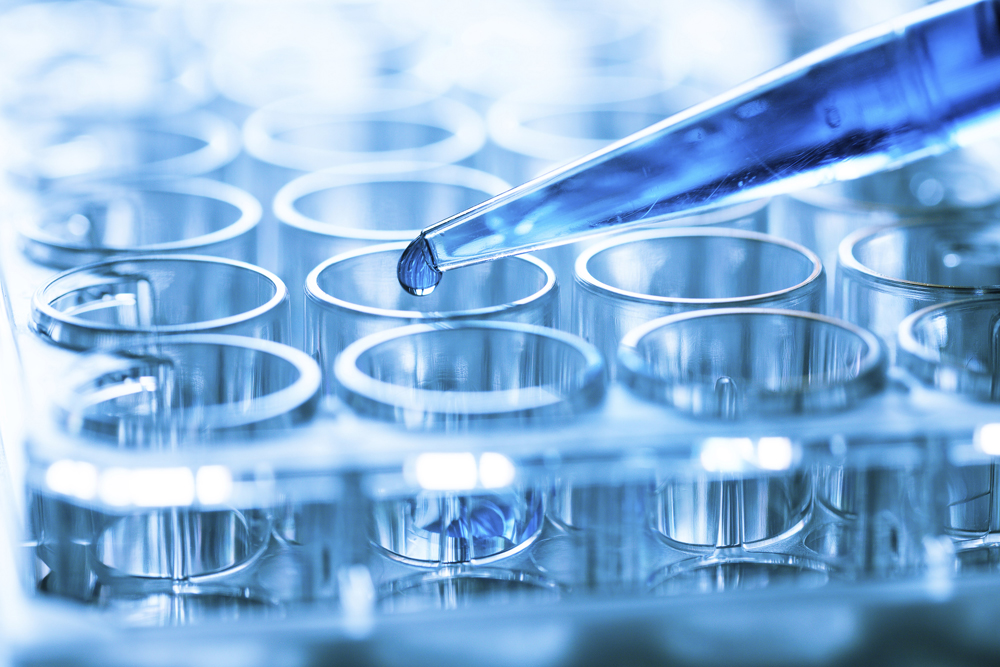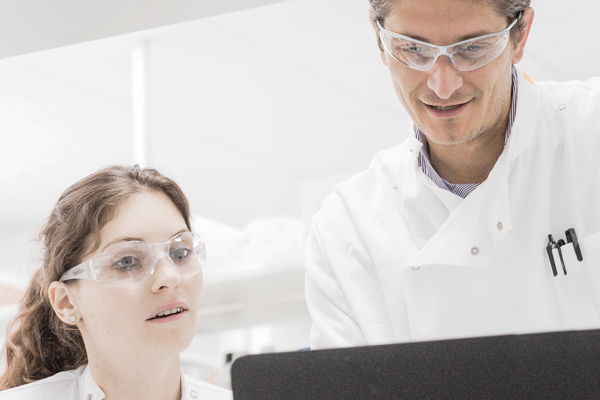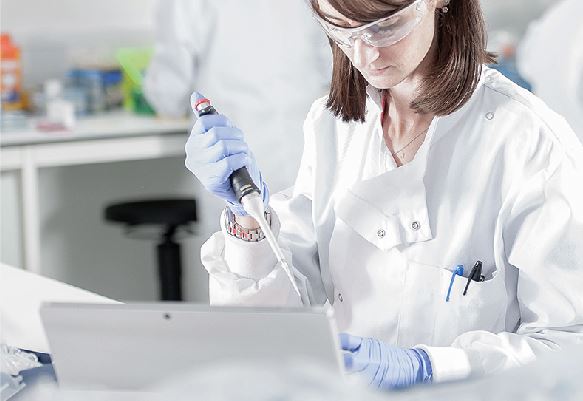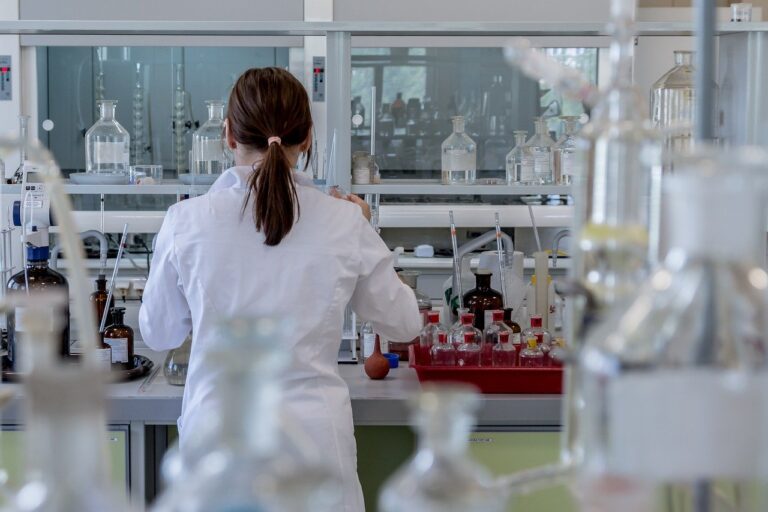Avacta Group plc (LON:AVCT) Chief Executive Officer Alistair Smith caught up with DirectorsTalk for an exclusive interview to discuss BBI Solutions as a manufacturing partner, the performance of the prototype with Cytiva, expanding their contract with Daewoong Pharmaceutical and the progress of the COVID-19 test with Adeptrix.
Q1: Avacta Group announced this morning that you’ve appointed BBI Solutions as manufacturing partner for the COVID-19 test that you’re developing. Could you just take us through the details of that please?
A1: As you’ve said, we’ve appointed BBI Solutions as manufacturing partner for the lateral flow COVID-19 saliva test that we’re developing with Cytiva & we’ve been working with BBI & Cytiva over the past couple of weeks on what you call ‘technology transfer’ That means transferring the design & the manufacturing processes so that BBI can start the process of designing & implementing a robust & large scale manufacturing process capable of producing millions of tests per month.
So, we’ve spent a lot of time with BBI to define the quickest plan possible to develop & validate that robust manufacturing process, obviously so we can bring the tests to market in the quickest possible time.
Q2: Now, since you’re already in the process of transferring to BBI, I assume that means that the prototype device developed with Cytiva is actually working well?
A2: Yes, I’m very pleased indeed with the progress made with Cytiva & the performance of the prototype.
Cytiva has been optimising the prototype for a few weeks & the performance of the test in the lab which is called analytical performance is very good. I’m not going to go into the detailed analytical performance figures right now because, to be frank, they’re commercially sensitive as you can imagine but there will be an appropriate time to discuss those along with the clinical performance.
So, as you said in your question, the fact that we’re now getting on with that tech transfer to BBI means that we’re ready to do that.
Q3: What are the next steps in the development of the test to bring it to market?
A3: As I’ve said, we’ve worked with BBI over the past couple of weeks to compress the manufacturing process development quite drastically from what’s normally a much longer timeline.
We need to complete the tech transfer process & that gives BBI the information that they need & they can be done quite quickly. BBI will then develop a manufacturing process capable of scale up to millions of tests per month & then produce a pilot batch &, again, that can be done quite quickly.
Our intention, which is not the norm, is to use the pilot batch for clinical validation so that will shorten the overall timeline & that allows us to start the clinical validation much sooner than would normally be the case. Several validation batches are then produced & that shows that the manufacturing process is robust & repeatable & so on.
We would then have the clinical data in hand, technical file complete & at that point we’re in a position to CE mark the product & launch the product so there’s some very clear stages to go through now & we’ll keep the market updated as we hit each of those key milestones.
I think it’s important to say that we expect the demand for our coronavirus test to be very high indeed so we continue to actively pursue other manufacturing partners to ensure that we’ve got the capacity to meet that demand.
Q4: Last week you announced that the existing agreement with Daewoong Pharmaceutical had been expanded to include SARS-CoV-2 neutralising Affimer reagents. Can you just explain that for us please?
A4: We’re working with Daewoong through our joint venture in Korea called AffyXell to develop stem cell therapies that incorporate Affimer therapeutics. So, the background is what we’ve shown is stem cells can make & secrete the Affimer therapies so the stems cells actually make the Affimer drugs.
Our original agreement was centred around doing that with Affimers that help control local inflammation & immune response at the site of action where the stems cells are repairing tissue. So, in simple terms, these are next generation stem cell therapies capable of not only repairing tissues but also making their own supply of anti-inflammatory Affimer drugs locally in the patients.
What we’ve agreed now with Daewoong, last week, was to expand our agreement to include Affimer molecules that neutralise viruses & the obvious target is SARS-Cov-2 which is COVID19. The agreement actually includes any virus infection & therefore covers future pandemics which I think is very interesting as well.
So, in the case of COVID-19, the concept is that the stem cells offer the potential to repair the damage to the lungs that’s caused & if those stem cells can also produce Affimers that neutralise the virus in the lungs then one should have a therapy that not only slows down the progression of the disease through the Affimers but also repairs the damage. That’s the objective.
Q5: Finally, can you provide any update on the high throughput COVID-19 test with Adeptrix?
A5: Avacta Group recently announced that we’re working with the government’s clinical validation programme called CONDOR to evaluate the performance of the Adeptrix COVID-19 test & that’s called BAMS assay. You’ll recall that’s a high throughput so 1,000 samples a day, one technician, it’s a high throughput test for COVID-19 using something called a mass spectrometer which is common in hospitals clinical microbiology labs identifying pathogens that currently unused COVID-19 testing.
So, the test we’re developing combines Affimers to capture the virus from the patient samples with mass spectrometry to provide a very accurate & detailed way of detecting the virus. Since the mass spectrometry uses really very detailed structural information about the virus, one interesting possibility that’s emerging is that the BMAS assay could quickly identify mutations in the virus as well.
Again, we will update the market as we now go through the process of evaluating & validating the BMAS assay.








































